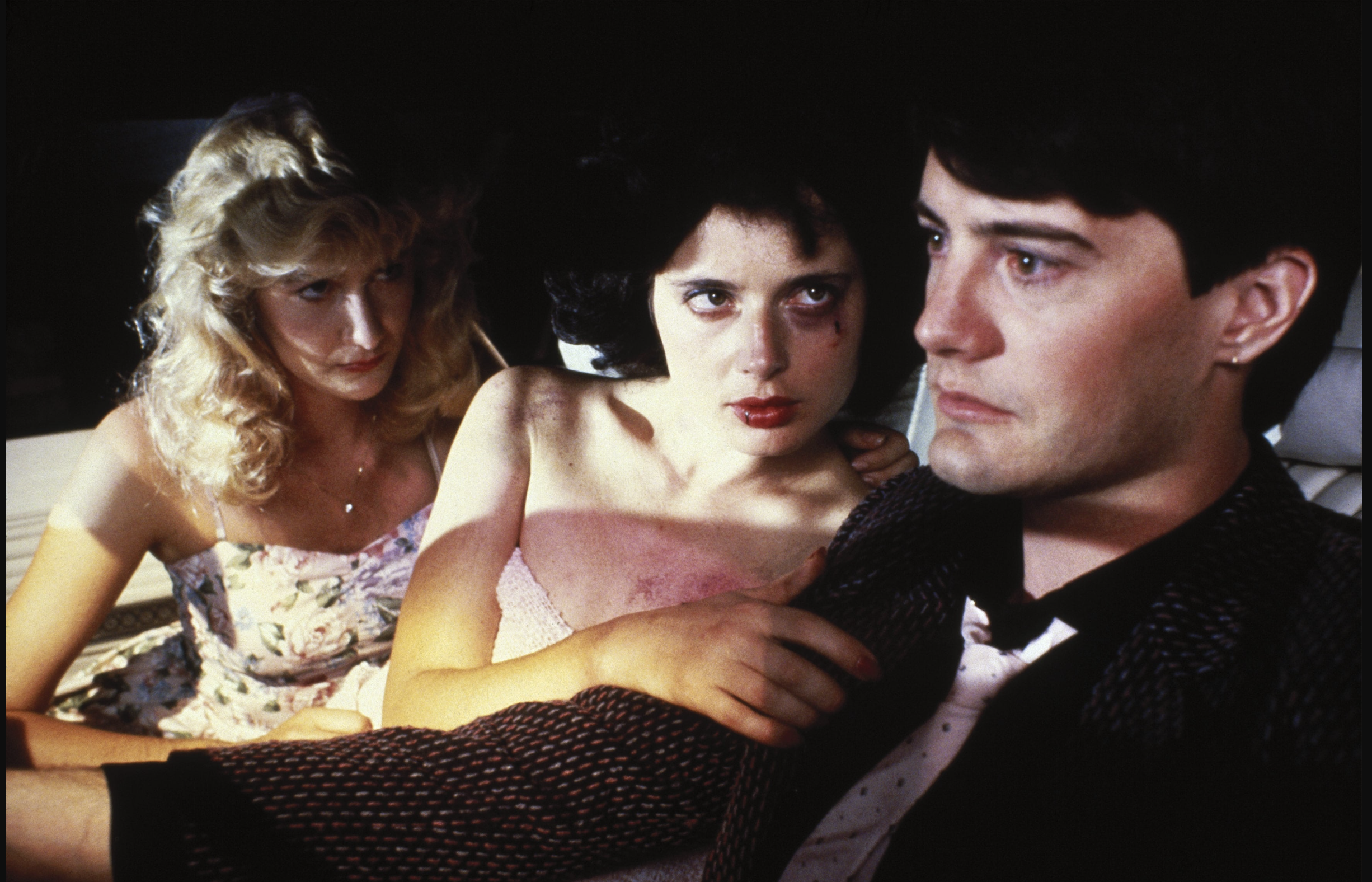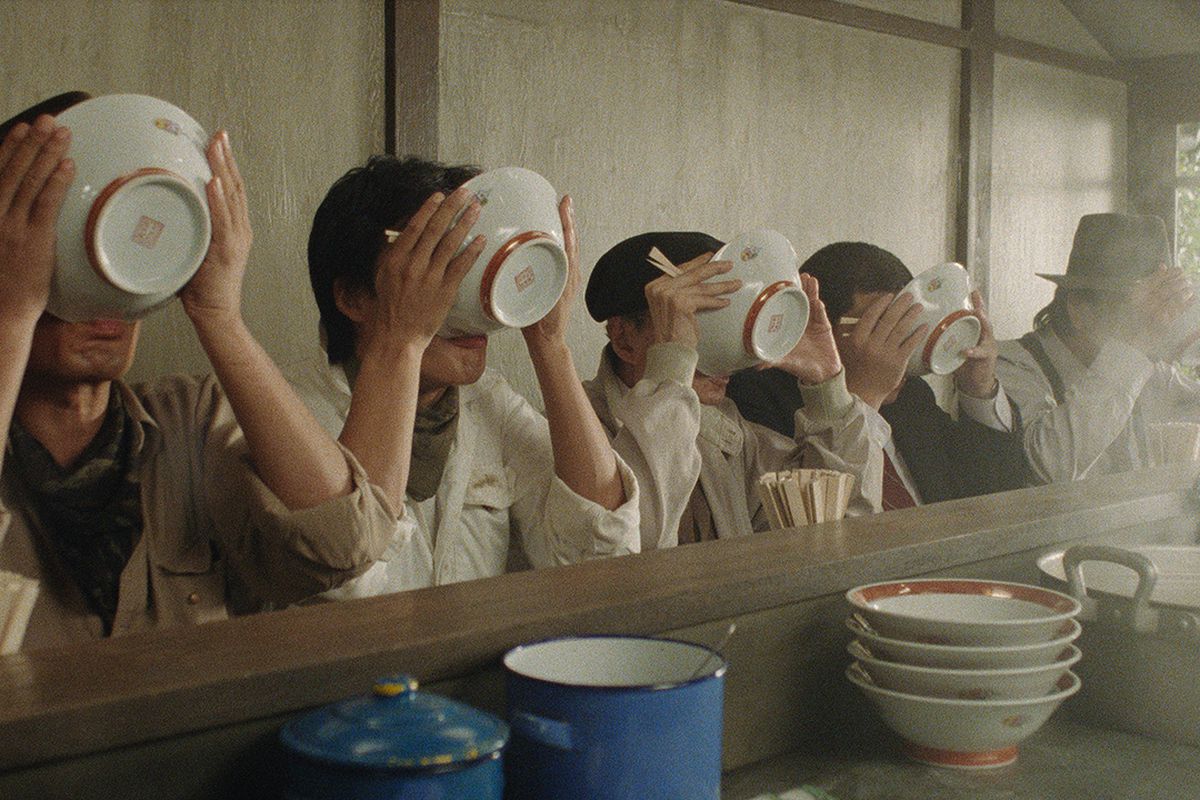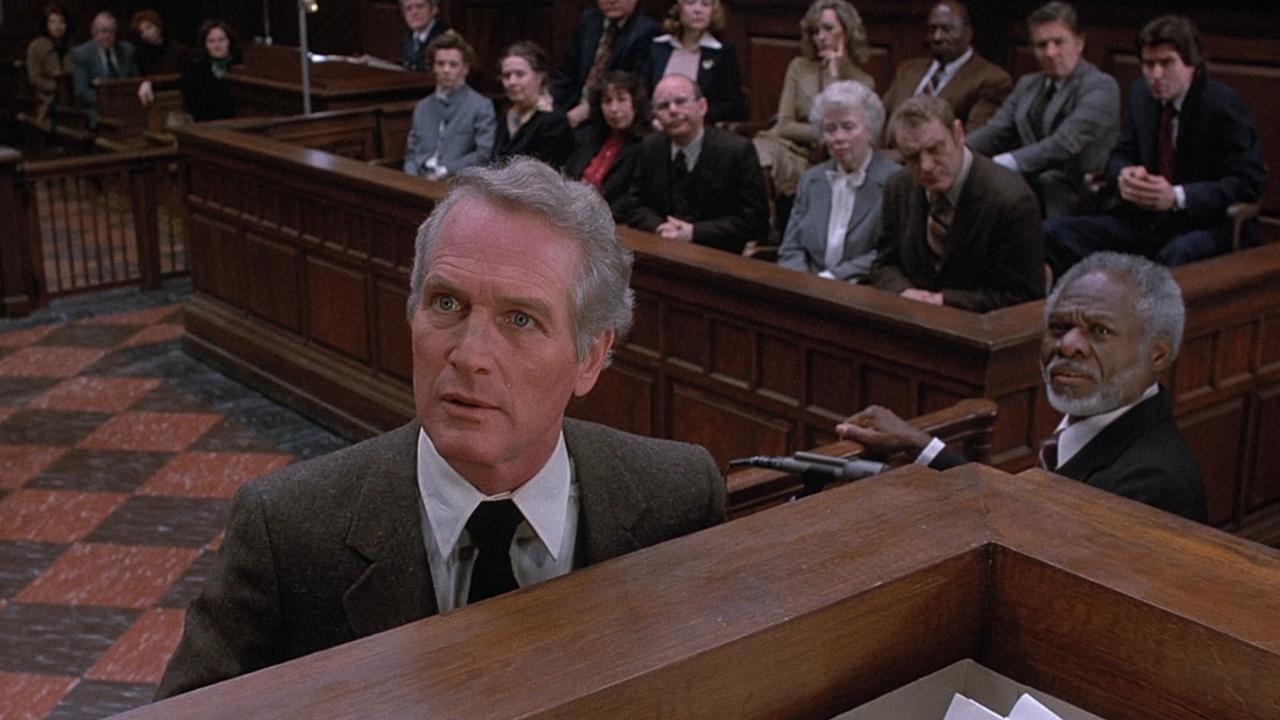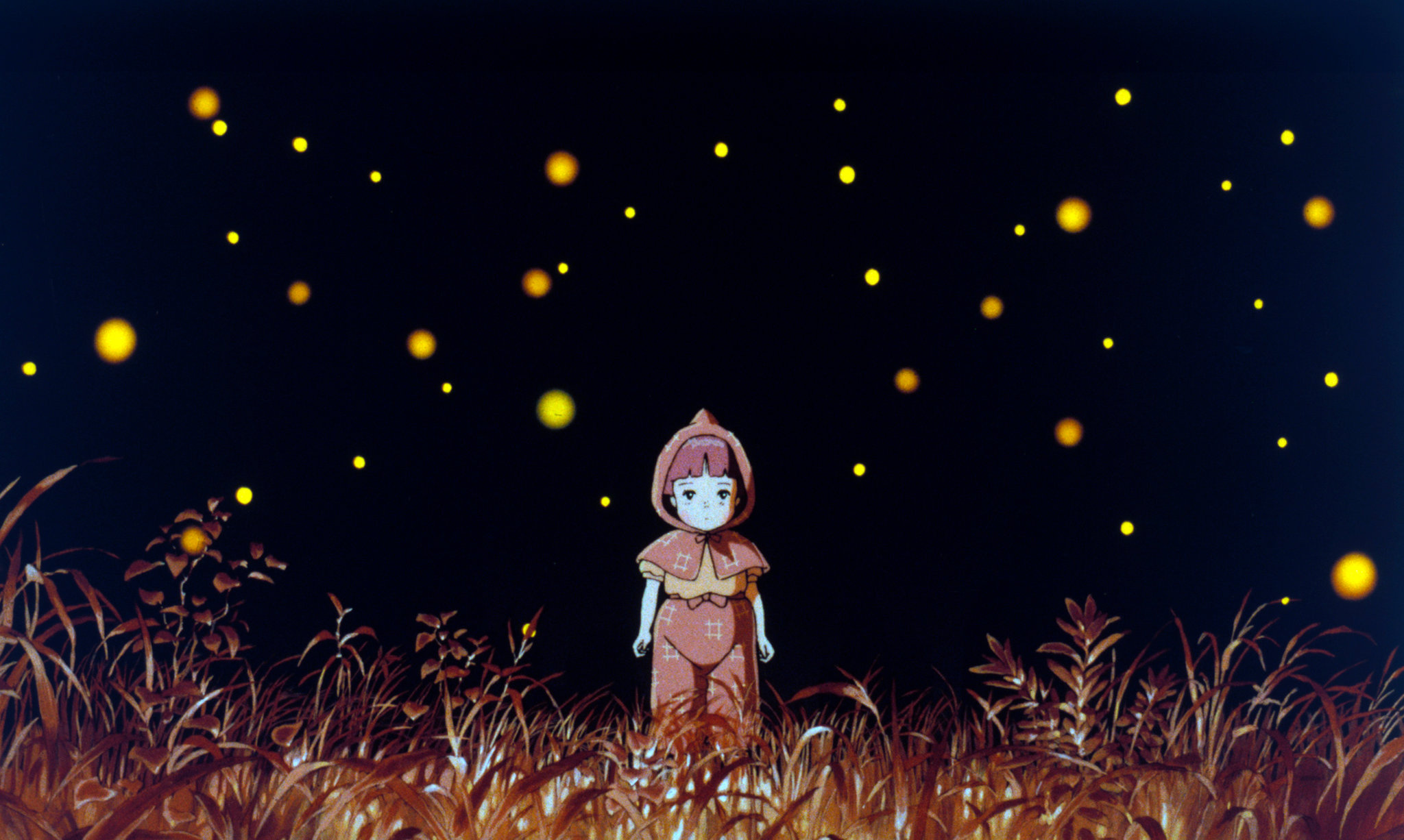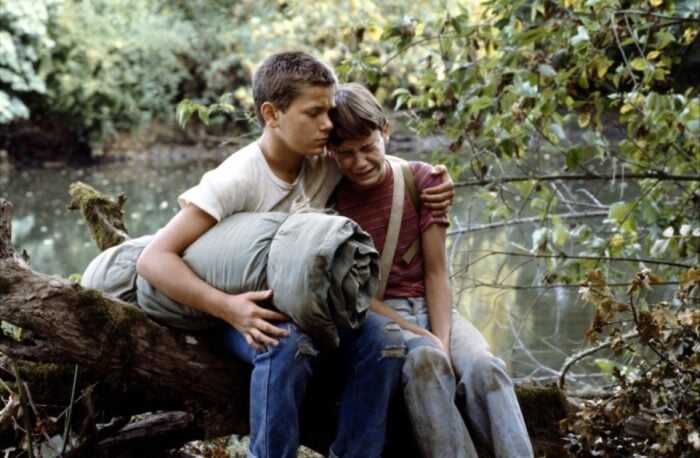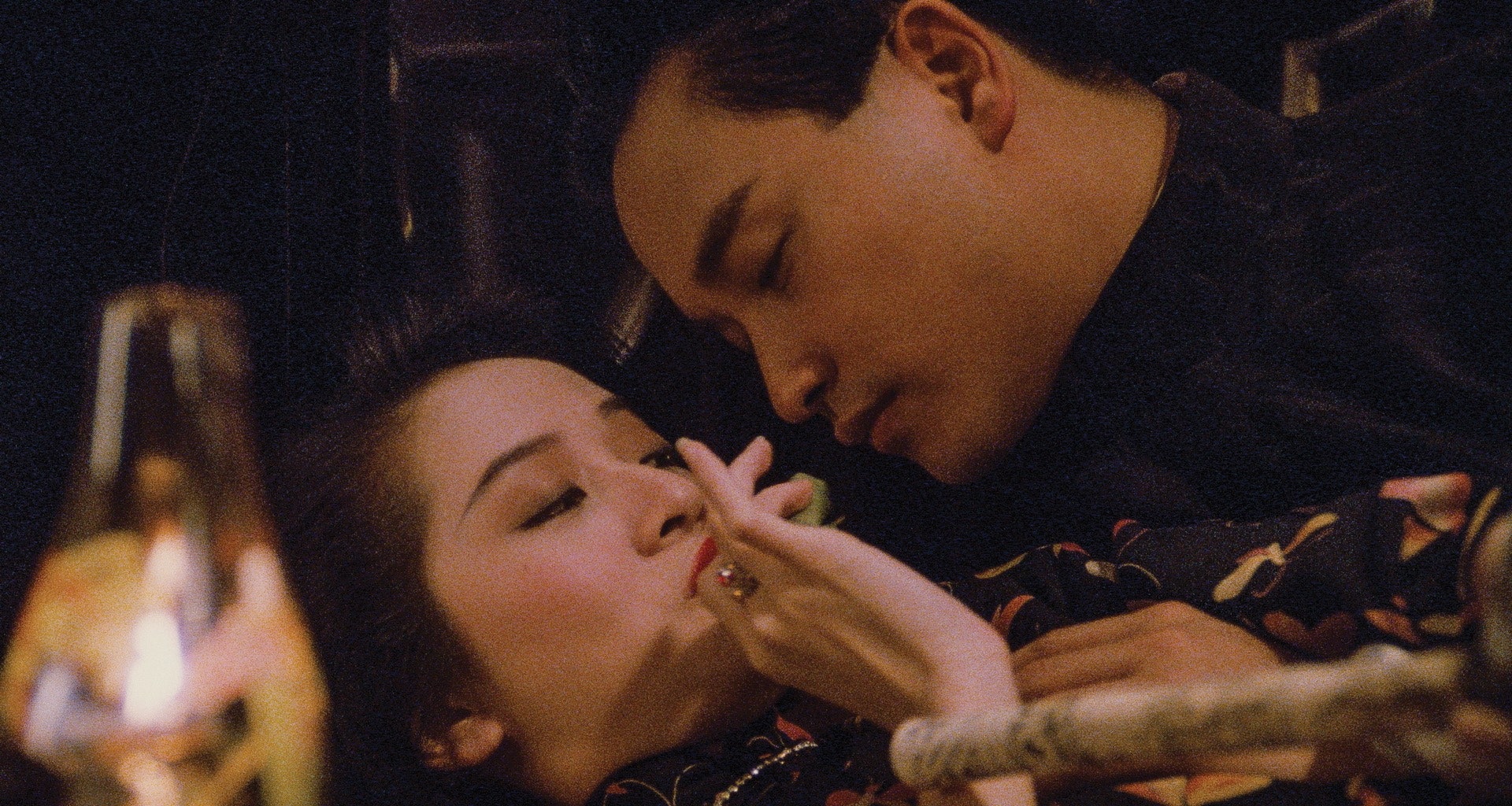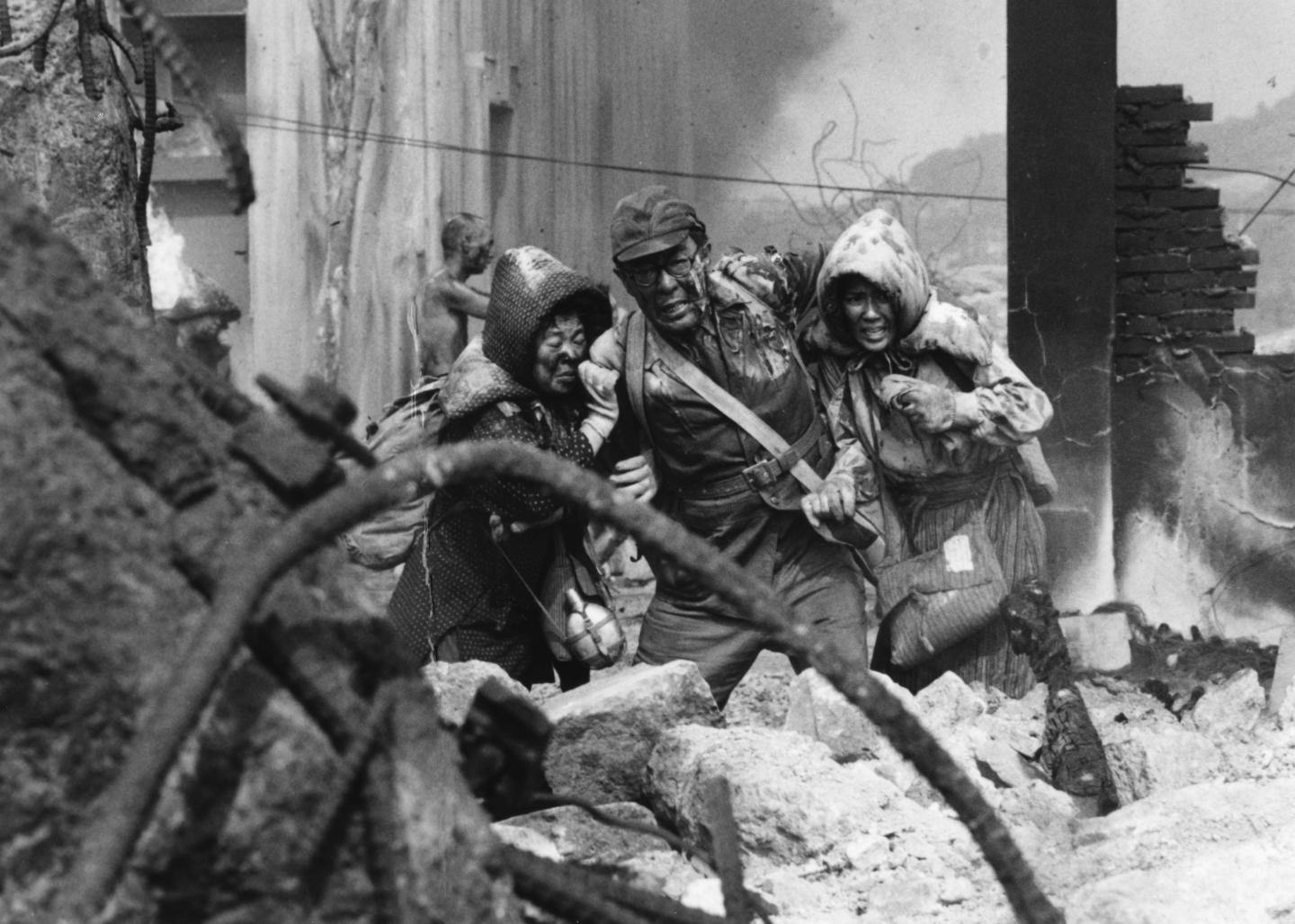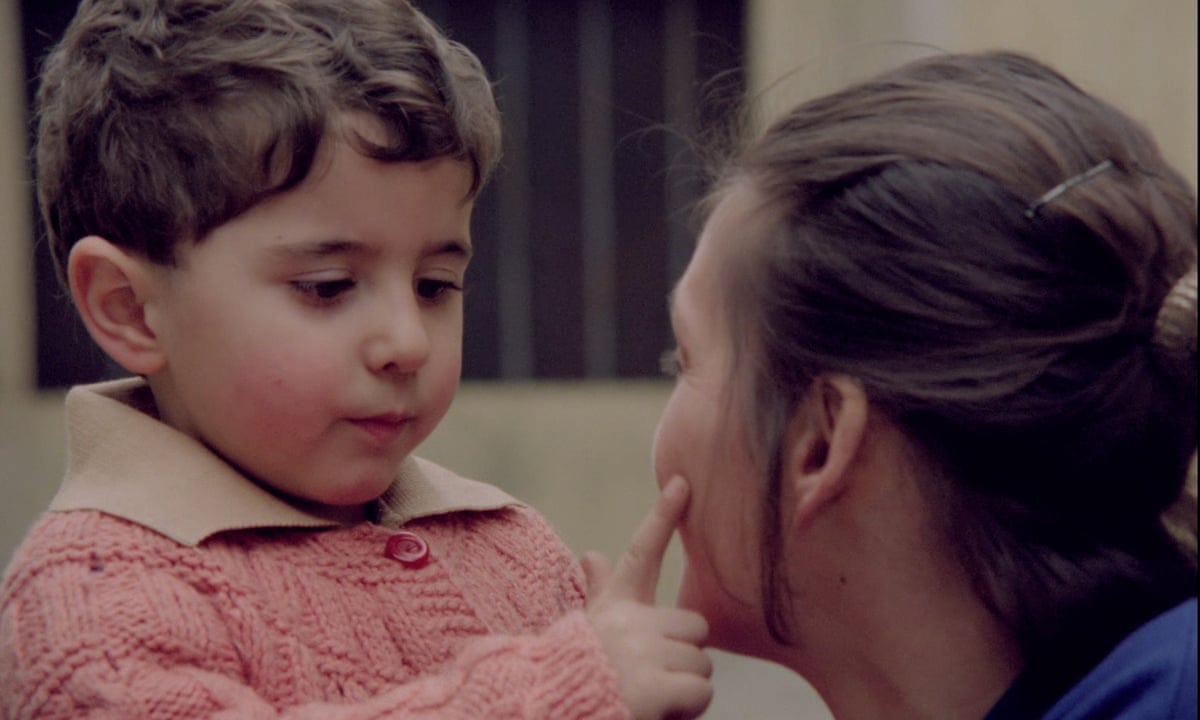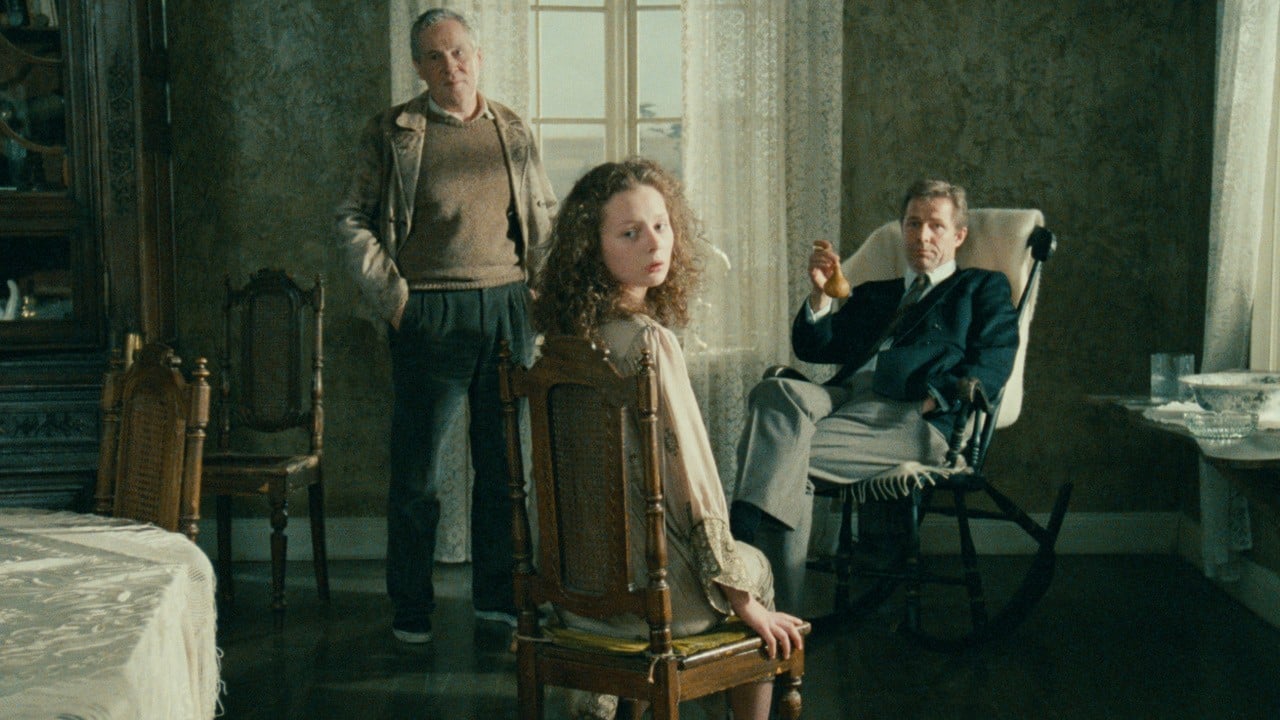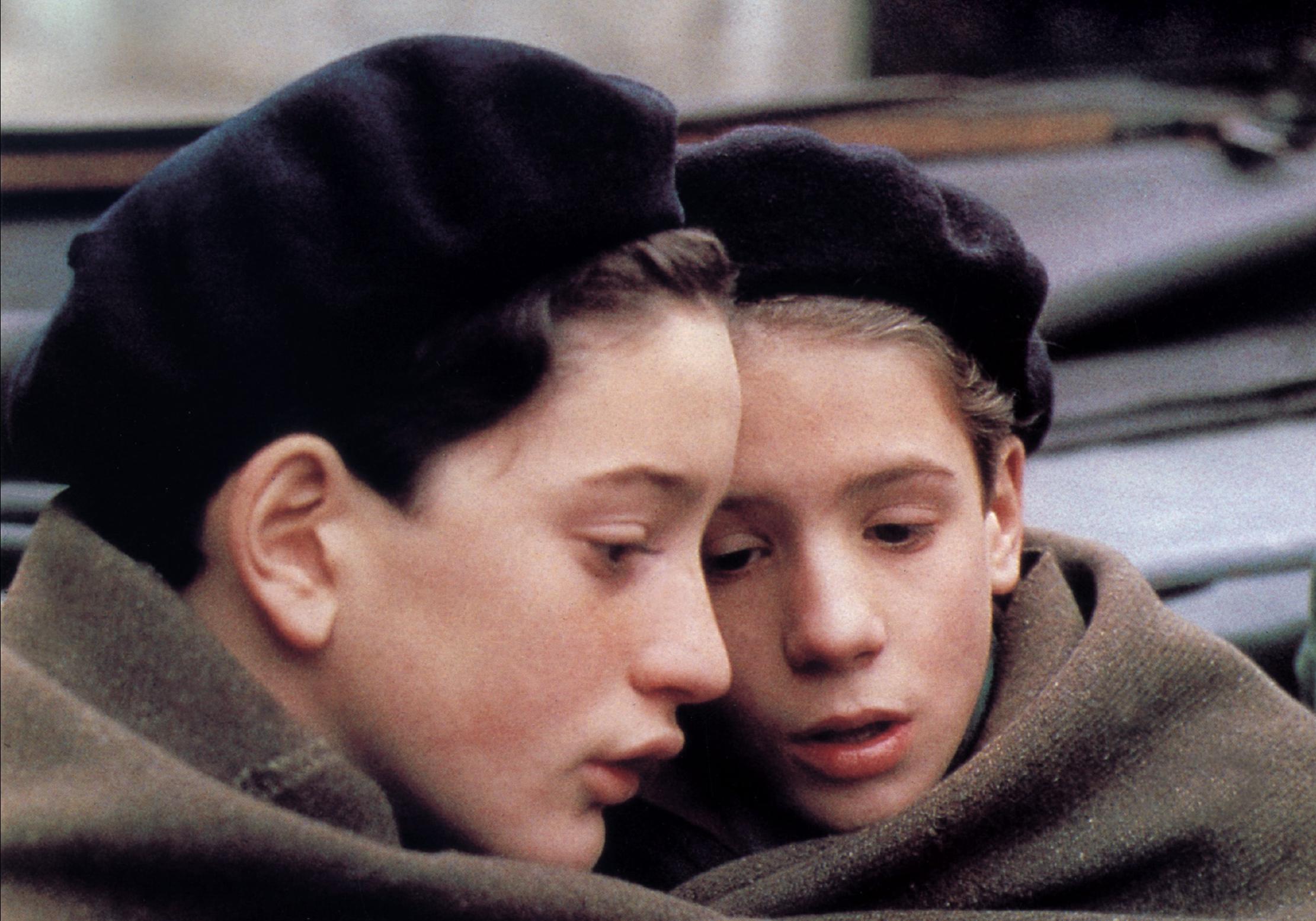
10 Best Underrated Movies of the ’80s
March 27, 2025
Share:
The 1980s was a golden age for cinema, with some of the most iconic and beloved movies of all time being released during that decade. But for every “The Breakfast Club” or “Back to the Future,” there were dozens of other great movies that flew under the radar. These movies are all well-made, entertaining, and (most importantly) overlooked. So whether you’re a fan of ’80s cinema or just looking for some great movies to watch, be sure to check out our list of the best underrated movies of the decade.
Read also:
1. Blue Velvet (1986)
Genres
Director
Actors
Moods
David Lynch’s star-studded provocation Blue Velvet was both revered and criticised upon its release because of how heavily it leans on sexuality and violence to advance its plot, but today the film’s hailed as a contemporary masterpiece. Still, scenes with that kind of content are quite hard to stomach in combination with Isabella Rossellini’s depiction of an unstable, delicate singer named Dorothy. But Dorothy is surely not in Kansas anymore… It takes a young college student (Jeffrey Beaumont played by Kyle McLachlan) who becomes fascinated with her as part of his self-appointed detective quest, to uncover deep-rooted conspiracies. In his endeavours, Jeffrey is joined by butter blonde Sandy (Laura Dern), and the twisted love triangle they form with Dorothy in the middle is one for the ages. Dennis Hooper stars as one of the most terrifying men on screen and Lynch regular Angelo Badalamenti scores the film with an eerie precision like no other.
2. Tampopo (1985)
Genres
Director
Actors
Moods
While billed as a “ramen western”, Tampopo satirizes plenty of other American genres, including, but not limited to: 1) the inspirational sports film, with Tampopo’s diligent training, 2) the erotic, arthouse drama through its egg yolk kiss, 3) the witty, social comedy pointing out the absurd in dinnertime tables, and 4) the melodramatic mafia romance with its room-serviced hotel getaway. But the film doesn’t buckle under the weight of carrying all these genres– instead, the customer vignettes are all delicately plated to balance out the hearty journey of a store owner learning about ramen and the bemused, yet cohesive contemplation about food. Tampopo is one of a kind.
3. The Verdict (1982)
Genres
Director
Actors
Moods
The Verdict’s plot is familiar. It follows a lonely, washed-up lawyer who subverts expectations by siding with the small guys and going against the big guys—in this case, a renowned hospital and its religious and political backers. Despite this, the film is gripping from start to end, thanks to a tight-knit script and the powerful performances that bring it to life. Newman is scarily believable as a panic-prone alcoholic, but the supporting cast is just as strong. The nurses, played by Lindsay Crouse and Julie Bovasso, are absolute scene stealers. You forget for a moment that these are actors—so palpable is their fear and anger. You feel for them, but The Verdict is never soapy or preachy. It’s taut and pragmatic, and even during its victorious moments, you can’t help but feel a little sad. Even when it reigns, justice is the exception, not the rule.
4. Grave of the Fireflies (1988)
Genres
Director
Actors
Moods
Perhaps the most depressing but vital movie produced by animation giant Studio Ghibli, Grave of the Fireflies is a searing and sweeping drama that covers the horrors of World War II through the eyes of teenager Seita and his young sister Setsuko. Between the violence of war and the tragedy of loss, the siblings struggle to preserve not just their lives but their humanity. In typical Ghibli fashion, there are moments of gentle beauty to be found, but instead of conflicting with the overall stark tone of the film, they successfully underscore war’s futility and brutality, making Grave of the Fireflies one of the most important anti-war narratives ever told.
5. Stand By Me (1986)
Genres
Director
Actors
Moods
Stand By Me follows four young friends as they journey around their small town searching for a rumored dead body. On the surface, it moves like an adventure story. The boys narrowly avoid guard dogs and leeches, speeding trains and tough teen gangs. But along the way, they also learn much about each other, in particular about the stark reality of their home lives and the growing depths of their inner struggles, so that beneath all the small-time thrill is a beating coming-of-age story.
Based on a novella by horror master Stephen King, Stand By Me is terrifying in its ability to evoke the unique thorniness of passing through the gates of adulthood, but also warm and comforting in its reminder of the universality of this feeling.
6. Au Revoir les Enfants (1987)
Genres
Director
Actors
Moods
There are moments in our childhood that we deeply regret, even if we didn’t know better, even if innocence can excuse us, and even if we weren’t the ones primarily responsible for the mistake. The memory of it can be haunting, but none has been as devastating as the memory depicted in Louis Malle’s semi-autobiographical period drama Au Revoir les Enfants. Malle brings us to the boarding school rhythms with ease, straightforwardly depicting it as is, but with the camera and the sequencing recognizant of the implications. With the natural dynamic between the unthinking Julien (Malle’s younger self) and the alert and afraid Jean formed through subtle moments, Au Revoir les Enfants culminates into the heartbreaking coming-of-age moment that Malle personally lived through in World War II.
7. Rouge (1987)
Genres
Director
Actors
Moods
Vivid, seductive, and highly romantic, Rouge starts as an enchanting tale of a ghost courtesan that haunts a modern-day couple to look for her lost lover. It’s easy to be swayed by the ghostly lovers – the courtesan Fleur (Anita Mui) and wealthy pharmacy chain heir Chan Chen-Pang (Leslie Cheung) start off the film courting each other (and the audience) through lush visuals, dramatic declarations, and Cantonese song. They agree to a suicide pact and promise to find each other in the next life. However, as Fleur haunts newspaper journalists Yuen and Chor, it’s clear how different Hong Kong has become. From its culture to its attitudes towards romance, Rouge suggests that while modern day Hong Kong may be more cold and standardized, the past as we know it is only a gorgeous dream. And that dream hides a tragic, sordid reality.
8. Black Rain (1989)
Genres
Director
Actors
Moods
Not to be confused with the American cop thriller with the same name, Shōhei Imamura’s Black Rain is about the atomic bomb, but it’s not really concerned about nuclear warfare. Sure, the film opens with gruesome shots of the day the bomb dropped, not sparing the viewers from the gore and the titular nuclear fallout, that in black and white looks the same. And yes, much of the conflict occurs because of the lingering effects of the radiation. However, Imamura is much more concerned with the way Japanese society had tried to deal with it through going back to tradition– through going through the motions of matchmaking and propriety and social status and through excluding those who suffered directly from the bomb. Black Rain has a singular perspective, one that stands out due to the country’s denial of war crimes.
Read also:
9. Don’t Let Them Shoot the Kite (1989)
Genres
Director
Actors
Moods
Originally a novel inspired by real life incarceration, Don’t Let Them Shoot the Kite is actually much more optimistic than a prison stay would seem to be. Much of that lighter mood comes from an outstanding performance– Ozan Bilen, who portrays Barış, the precocious boy that lives in the prison with his mom due to a quirk of Turkish law– but the lighter mood isn’t due to ignoring the prisoners’ reality. Instead, the lightness comes because of understanding that reality fully. Despite the suspicion of the prison guards, and the way the camera makes the prison walls loom, Barış still manages to fuel some hope through straightforward, simple truths unfiltered by the tedium and mores of everyday life, and the fear people grow to learn about. Truth truly comes out of the mouths of babes in this film, and it’s what makes Don’t Let Them Shoot the Kite a classic of Turkish cinema.
10. The Sacrifice (1986)
Genres
Director
Actors
Moods
The end of the world, of course, forces people to contemplate one’s life purpose, the choices they made, and the opportunities they chose over others. Andrei Tarkovsky examines this idea in The Sacrifice– juxtaposing a hypothetical third World War with main character Alexander’s choices, the choices that led him to a successful acting career, but also led him to regret that he hasn’t done more to take action, until the deal he made with a cross between the Christian God and pagan sacrifice. The ideas are philosophically heavy, marked with Tarkovsky’s dreamlike imagery, long takes, and slow pacing, but it feels much more personal considering the sacrifice he made in leaving his family to create his last two films abroad. The Sacrifice is a masterful meditation on life itself, a deeply moving anti-war film that was a decent send-off of one of the greatest filmmakers ever to have existed.
Comments
Add a comment
Ready to cut the cord?
Here are the 12 cheapest Live TV streaming services for cord-cutting.
More lists
Lists on how to save money by cutting the cord.
Curated by humans, not algorithms.
© 2025 A Good Movie to Watch. Altona Studio, LLC, all rights reserved.
